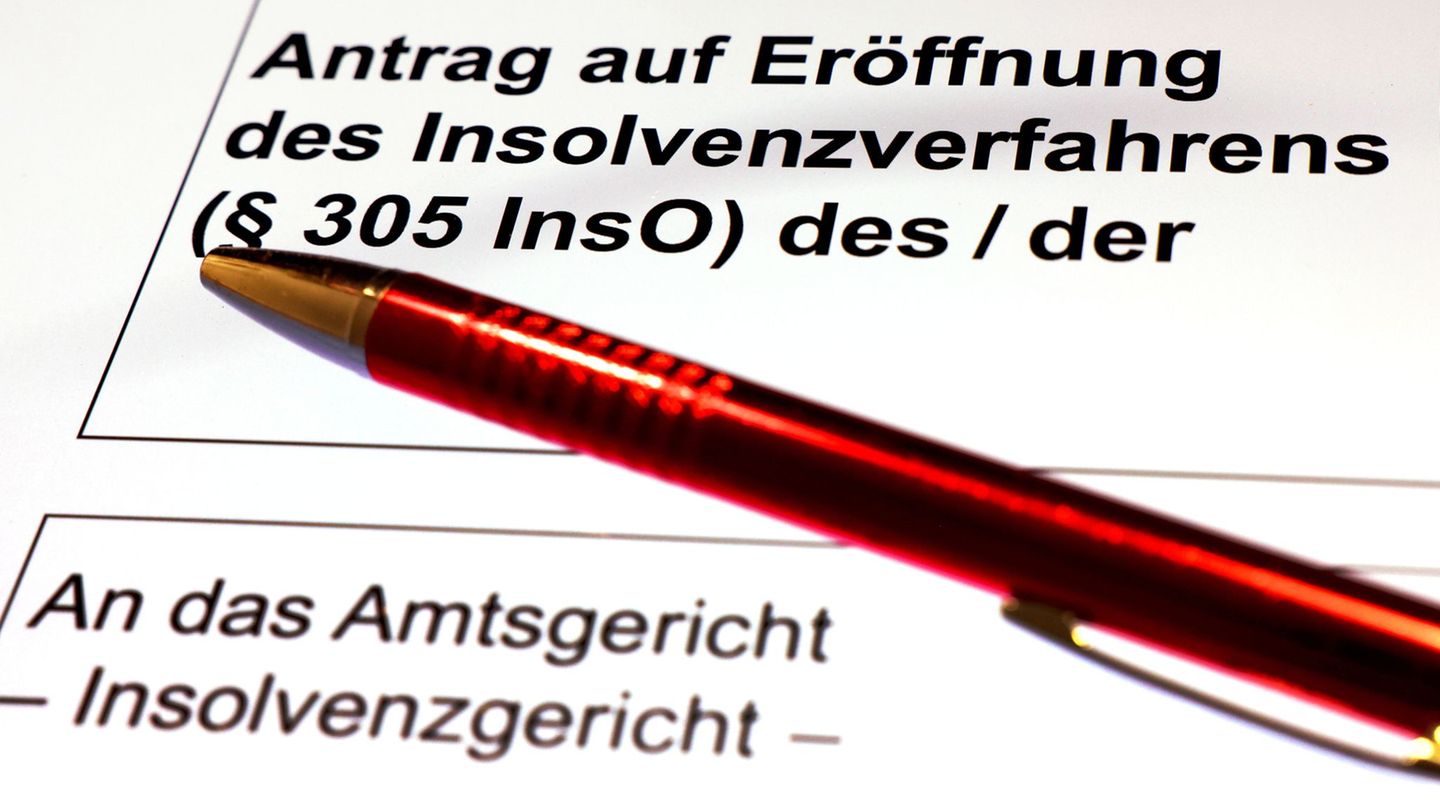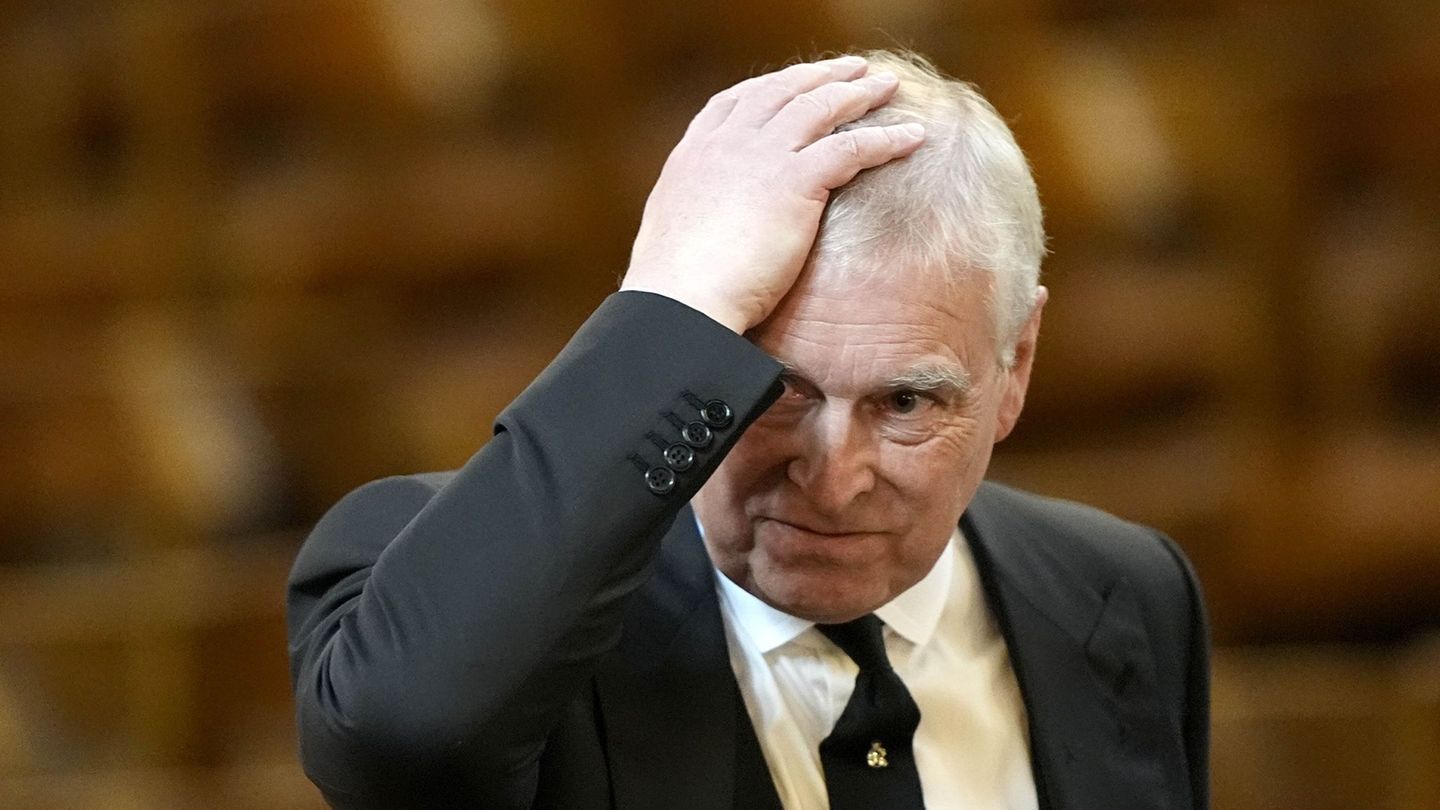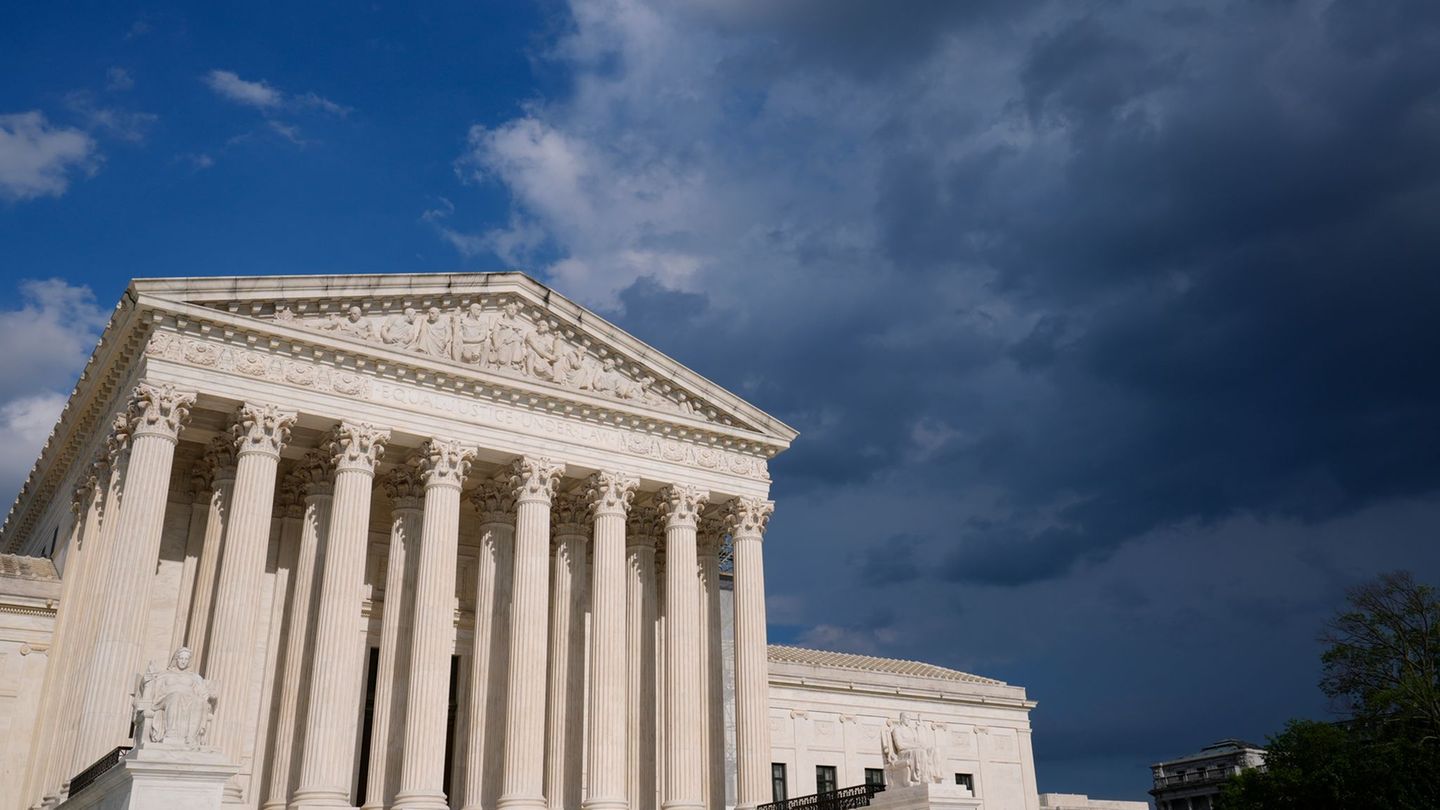Menu
Customs policy: the top US court will negotiate about Trump’s tariffs
Categories
Most Read
Harvest is over: Final estimate: Smallest wine harvest in 15 years
October 21, 2025
No Comments
This is the best date for your trip to Disney
October 21, 2025
No Comments
China displaced Brazil as the main trading partner for the first time in almost three years: what were the causes?
October 21, 2025
No Comments
Chrambl from DHDL: What can the washing cube do for a better climate?
October 20, 2025
No Comments
Imports jumped 10% monthly and set a new record
October 20, 2025
No Comments
Latest Posts

Economic situation: Allianz subsidiary: company insolvencies will increase worldwide in 2026
October 21, 2025
No Comments
AngelicaI am an author and journalist who has written for 24 Hours World. I specialize in covering the economy and write about topics such as

San Lorenzo recovered its smile: it beat Atlético Tucumán 2-1 and got into the qualifying zone
October 21, 2025
No Comments
October 20, 2025 – 23:59 With goals from Cuello and Tripichio, Damián Ayude’s team turned the score around and climbed to sixth position in Zone

Epstein scandal: Book by Epstein victim Giuffre increases pressure on Prince Andrew
October 21, 2025
No Comments
Lisa HarrisI am an author and journalist who has worked in the entertainment industry for over a decade. I currently work as a news editor
24 Hours Worlds is a comprehensive source of instant world current affairs, offering up-to-the-minute coverage of breaking news and events from around the globe. With a team of experienced journalists and experts on hand 24/7.

